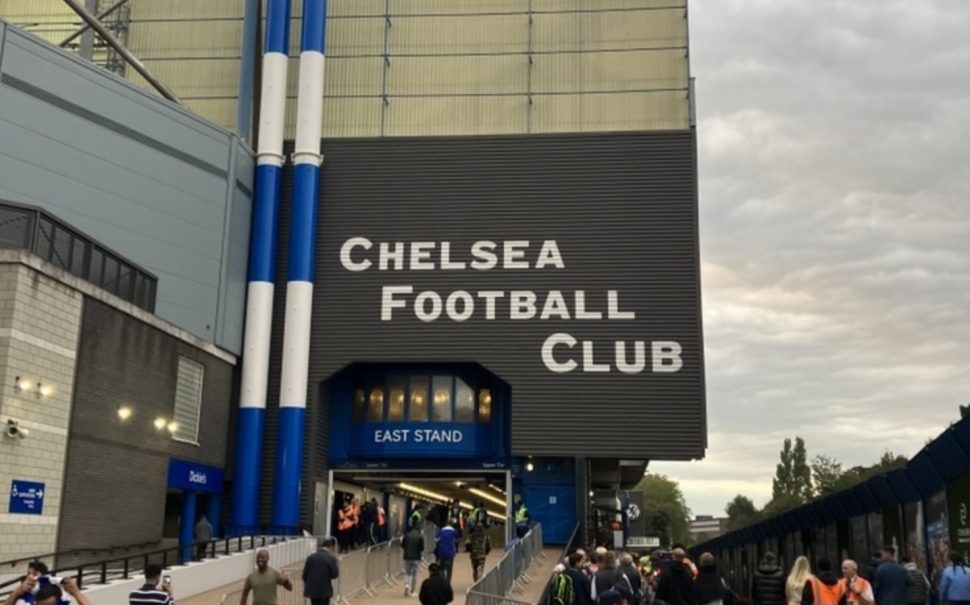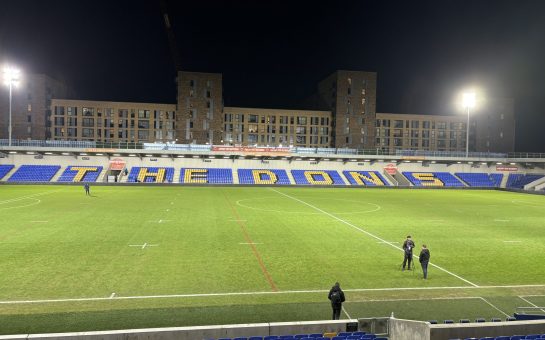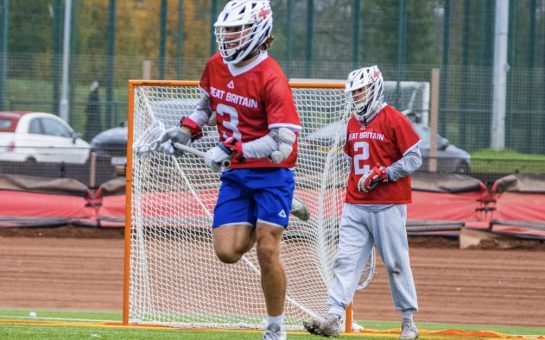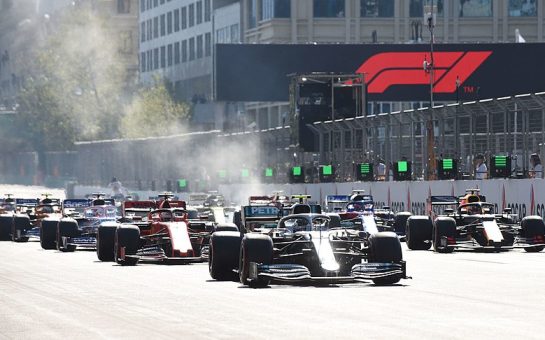Chelsea’s stadium Stamford Bridge saw the most arrests for hate crimes at football matches in England’s top four divisions at London-based stadiums last season.
There were 20 arrests made in the 2022/23 season, almost double that of the 11 made at the Tottenham Hotspur Stadium, the second-highest, new data from the UK Football Policing Unit (UKFPU) shows.
Paul Canoville, Chelsea’s first-ever black player, suffered shocking racism from a minority of fans when he made his debut for the West London club in 1982.
Canoville, who was the Blues for four seasons, also started the Paul Canoville Foundation, which strives to help educate and inspire thousands of young people around the themes of adversity that Canoville has faced in his life.
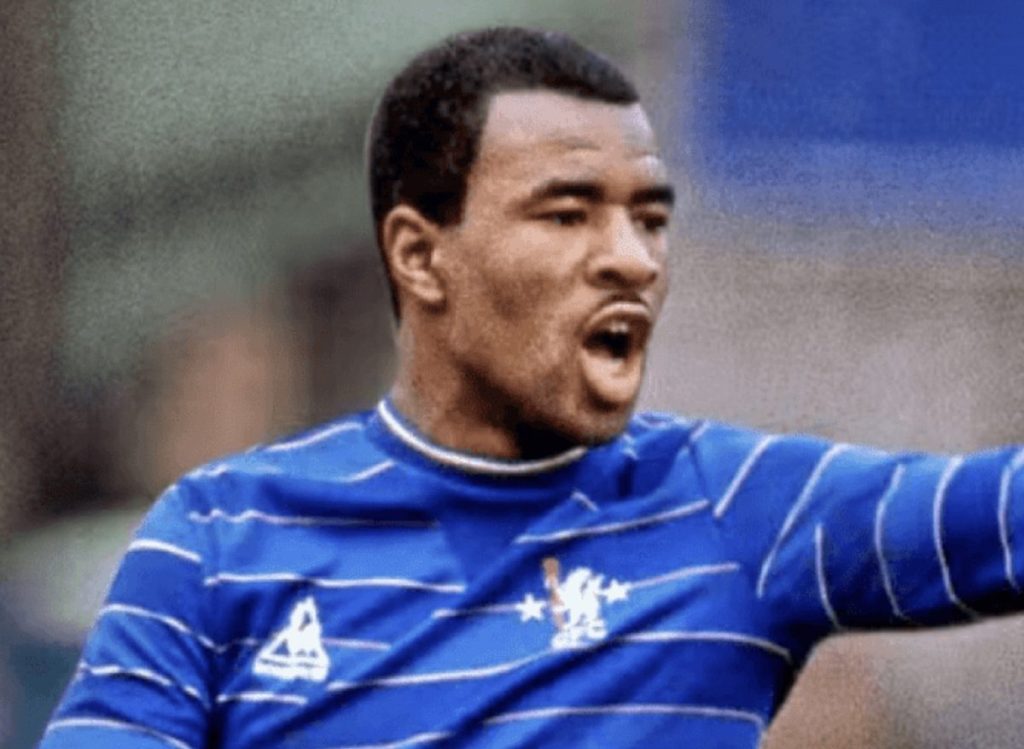
Canoville said: “Football is often painted as the problem and therefore people look to solutions that focus on fans, yet they don’t realise that sport is a microcosm of society.
“The challenges we need to tackle are societal. When people feel disenfranchised or marginalised in society, they can take that frustration to somewhere they feel heard and for many people that can be a football stadium.”
The other London Premier League clubs with hate crime arrests at home games are Arsenal, West Ham and Brentford, where there were six, eight and five arrests respectively.
Neither Fulham nor Crystal Palace had an arrest for hate crimes at their home ground during the 2022/23 season.
Queens Park Rangers, Charlton, Millwall and AFC Wimbledon make up the other four London clubs in England’s top four divisions and they saw just six arrests combined.
Although football has made positive strides as a sport to try and eliminate hate crimes at matches, there is still a long way to go both societally and in the sport as a whole to eliminate such crimes.
There are several initiatives and campaigns that clubs have started in recent years which are attempting to tackle the inherent issues that football faces whilst increasing diversity and inclusivity.
Whilst Canoville has his own foundation which helps educate and inspire young people, he is also involved directly with Chelsea’s broader ‘No To Hate’ campaigns.
On being Chelsea’s first black player, Canoville said: “I’m forever proud to have been the first and also feel so happy that I won’t be the last.
“Since my debut in 1982, we have seen a first black captain in Paul Elliott, black player of the year Ken Monkou, black scorer in the FA Cup final Eddie Newton and black scorer and talisman in our first Champions League win, Didier Drogba.
“We now have a black skipper in Reece James who came through our youth team and his sister stars for the women too, I love that so much.
“But most of all, I love to see how many different races now make up the crowd at Stamford Bridge, they’ve told me they feel safer now going to matches than they did back in the 80s and we also have a global fanbase of diverse people who regularly show their support on social media.
“Chelsea in 2024 has come so far since I left 40 years ago and I feel the support from the Club now, including for my Foundation, that I didn’t get back then. I’ll always be a Blue.”
Stamford Bridge’s hate crime arrest figures are high in and of itself, but when you factor in the fact that those 20 arrests make up nearly half of total arrests for football-related incidents at the ground, it makes it more concerning.
Other football-related arrest incidents include drunk and disorderly behaviour, assault, stealing, trespassing, drug use and pyrotechnics.
Home Office data shows that there was a total of 89 West Ham fans arrested throughout last season, the most out of any club in the country, let alone London.
Of that, 27 arrests of West Ham fans were for public disorder, while another 23 were for throwing missiles.
It is also the second year in a row that West Ham have topped the arrest table.
Last season also saw a rise in football-related arrests across the whole country, which has reached a nine-year high.
There were 2,264 arrests in England’s top four divisions last season which is the most in nearly a decade, since the 2013/14 season.
The total number of arrests were gradually decreasing from the 2015/16 season to the 2020/21 COVID-19-affected season (where there were no fans in attendance), but have skyrocketed back up in the subsequent two full seasons.
In 2022/23, East-London club Millwall had the second most banning orders issued in the country with 66, the only club in the country with more banning orders issued was Manchester United, whose stadium is almost four times bigger than The Den at Millwall.
The Home Office data and data from the UKFPU show that unfortunately, London is a hotspot for football-related crime.
The London clubs in England’s top four divisions boast some of the highest total arrest numbers, as well as higher numbers in some specific, appalling crimes.
More needs to be done nationwide to reduce the number of crimes in football, which are rising again, especially in the capital.
